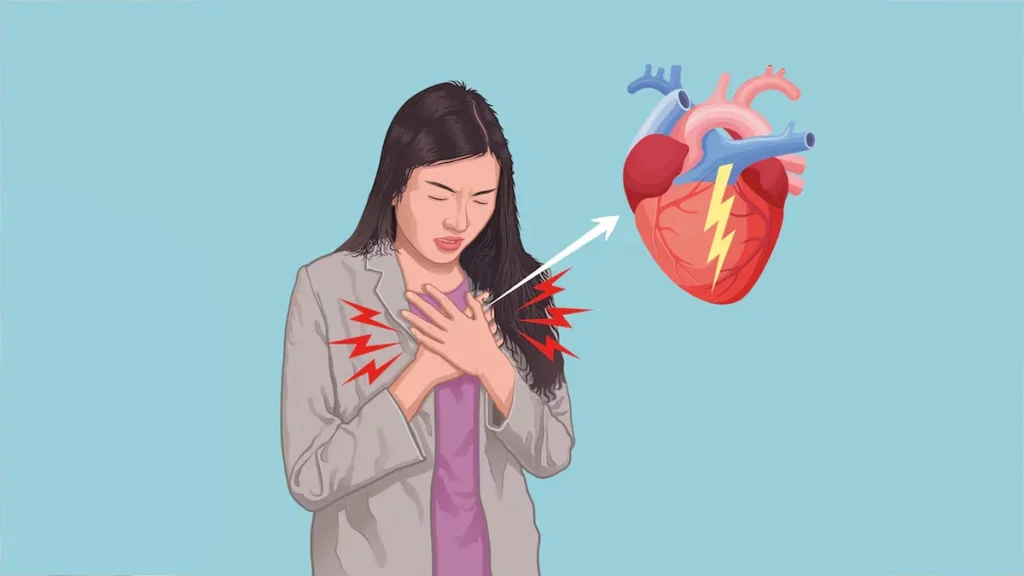Chronic Pain Management Through Primary Care
Chronic pain often enters a person’s life unexpectedly and reshapes daily routines in subtle and persistent ways, creating questions that primary care clinics frequently hear during routine visits. Many patients describe the experience as living with an invisible burden, and this shared sentiment helps clinicians appreciate the emotional layers behind physical discomfort. According to our…
Read more










